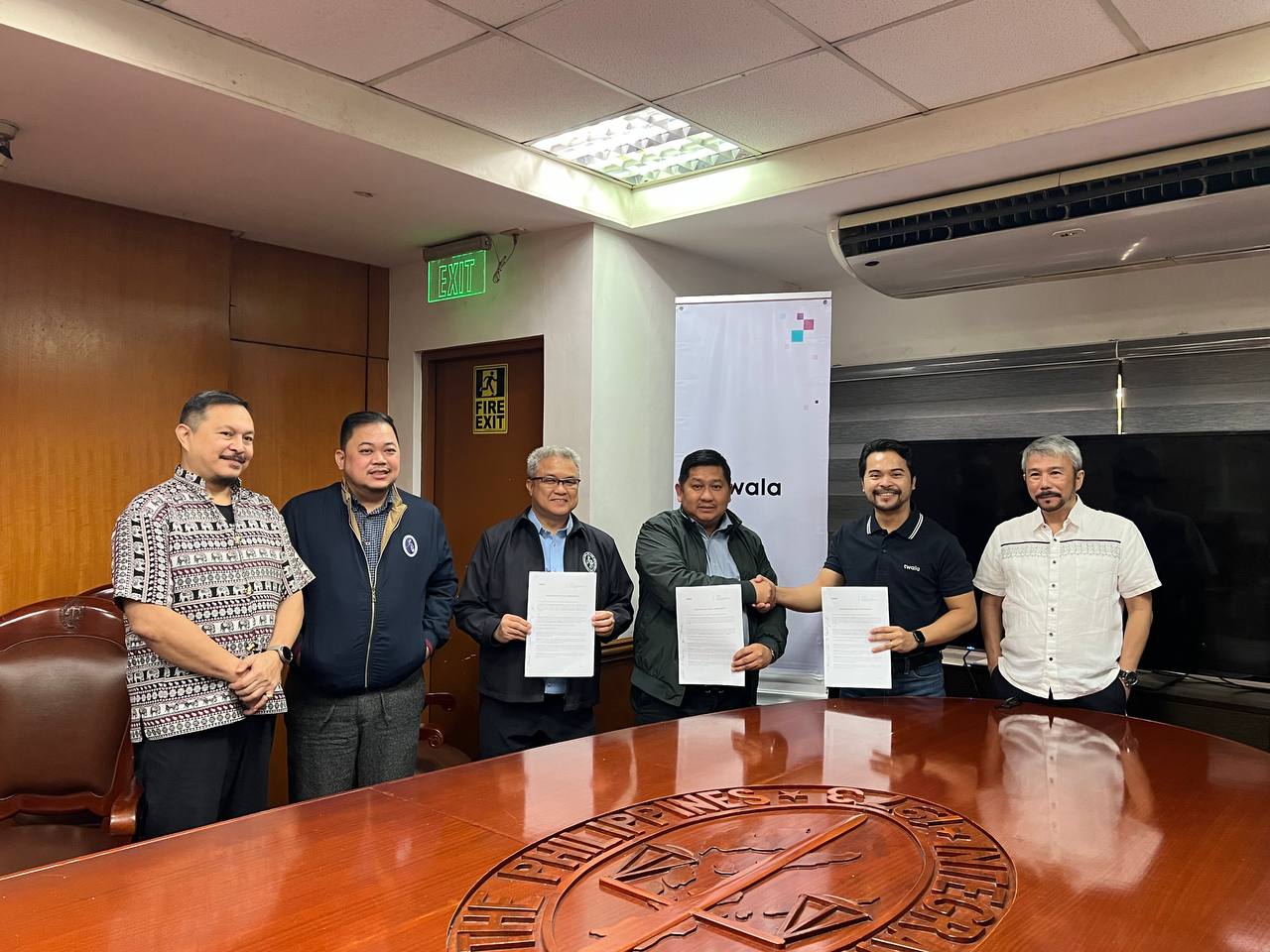IBP Leads the Future of Law in Partnership with Twala Through Blockchain and AI-Powered E-Signature and E-Notarization Technologies
The Integrated Bar of the Philippines (IBP) has entered into a strategic partnership with Twala, a Department of Science and Technology–backed Filipino legal technology company, to provide lawyers nationwide with secure, compliant, and state-of-the-art digital signature and electronic notarization solutions.

-2.png)

.png)

